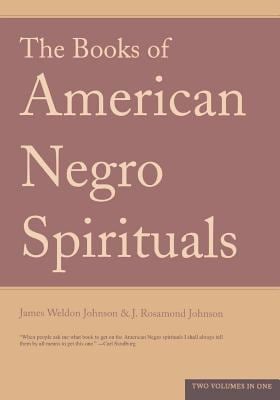
 |
Dr. Martin Luther King, foremost leader of the civil rights movement, learned piano as a child and was a music lover throughout his life. His favorite songs were spirituals, composed and sung by slaves to keep up their spirits. He found inspiration in the lyrics and quoted them often. The most famous quotation was from the spiritual, "Free at Last."
|
 |
Coretta Scott King, wife of Dr. Martin Luther King, Jr., trained as a classical singer and used her talent to help raise funds for the civil rights movement in a series of "Freedom Concerts." She was as committed to peace and equality as her husband, and continued to be an activist after his death. In her authobiography she talks about her husband's fondness for spirituals.
|
 | Brothers James Weldon Johnson and John Rosamund Johnson published the Books of American Negro Spirituals, songs collected from former slaves. It is due to their efforts that many spirituals continued to be sung throughout the Twentieth Century. They also composed the words and music for "Lift Ev'ry Voice and Sing," a hymn that became known as the "Negro National Anthem." Although the words originally commemmorated the memory of Abraham Lincoln, they took on new meaning as African-Americans marched for their freedom in the 1950s and 1960s: |
 |
Lift every voice and sing, till earth and Heaven ring,
Ring with the harmonies of liberty; Let our rejoicing rise, high as the listening skies, Let it resound loud as the rolling sea. Sing a song full of the faith that the dark past has taught us, Sing a song full of the hope that the present has brought us; Facing the rising sun of our new day begun, Let us march on till victory is won |
 | Themes from the civil rights movement permeated the popular song culture of the 1960s. One famous song was "A Change is Gonna Come," an anthem of hope composed and sung by Sam Cooke. The song ends with the words, "It's been a long time coming, but I know a change is gonna come." Several singers have covered the song in the years since the original 1964 release. |
In addition to the books and scores (songbooks) above, check out CDs of Civil Rights music from the Music Collection.

No comments:
Post a Comment